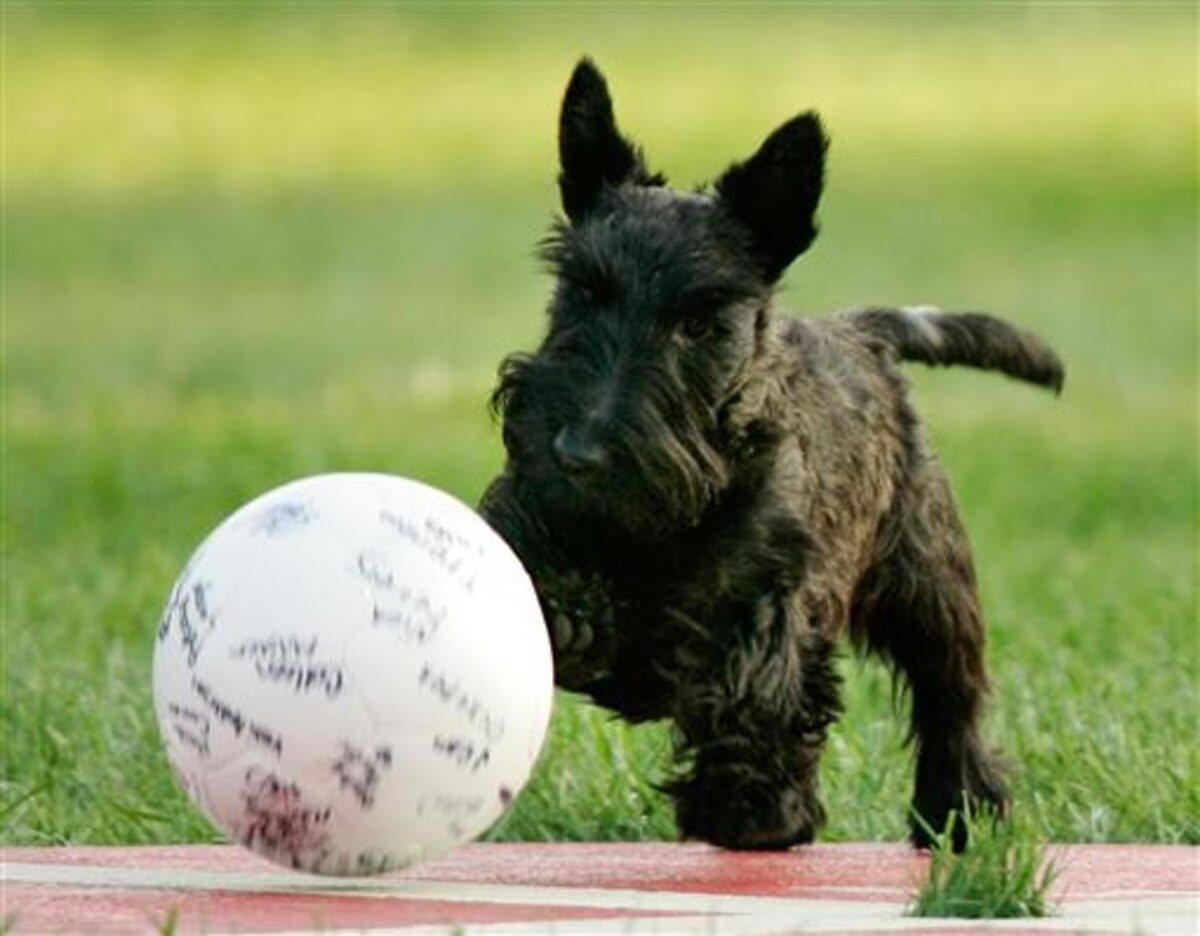
New research shows that dogs understand nouns for familiar objects.
According to researchers observing the brain activity of dogs, this animal can understand many nouns to refer to objects such as balls, slippers, leashes and other common things in their lives.
New findings show that dog brains can understand more than just command words like "sit" and "fetch," but also the meaning of nouns, at least about things they are interested in, according to The Guardian on March 22, citing research at Eotvos Lorand University in Hungary.
"I think all dogs have this ability. It changes our understanding of language evolution and thinking about what is uniquely human," said expert Marianna Boros, who helped organize the trials.
Scientists have long wondered whether dogs can actually learn the meanings of words. A 2022 survey found that dog owners believed their dogs responded to between 15 and 215 words.
More direct evidence of canine cognitive abilities came in 2011 when psychologists in South Carolina (USA) noted that after three years of intensive training, a Border Collie named Chaser learned the names of more than 1,000 objects, including 800 cloth toys, 116 balls and 26 plastic discs.
However, studies tell us little about what's going on in dogs' brains when they process words.
To find out more, Boros and her colleagues invited 18 dog owners to bring their pets to the lab along with five objects the animals knew well. These included balls, slippers, plastic discs, rubber toys, leads, and other items.
Owners were instructed to say object words before showing their dog the exact object or a different object. For example, the owner would say “look, here’s a ball,” but hold up a frisbee.
The experiments were repeated several times, with words that could be either true or false, while the dogs' brain activity was recorded.
The results showed that their brain activity differed between correct and incorrect descriptions. The difference was greatest when the owner talked about the object they knew best.
In the journal Current Biology , the study authors say the results "provide the first neural evidence for vocabulary knowledge in animals."
Source link


































![[Photo] General Secretary To Lam and National Assembly Chairman Tran Thanh Man attend the 80th Anniversary of the Traditional Day of the Vietnamese Inspection Sector](https://vphoto.vietnam.vn/thumb/1200x675/vietnam/resource/IMAGE/2025/11/17/1763356362984_a2-bnd-7940-3561-jpg.webp)
















































































Comment (0)